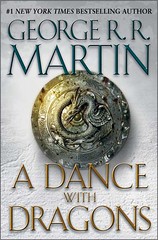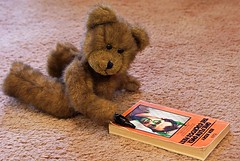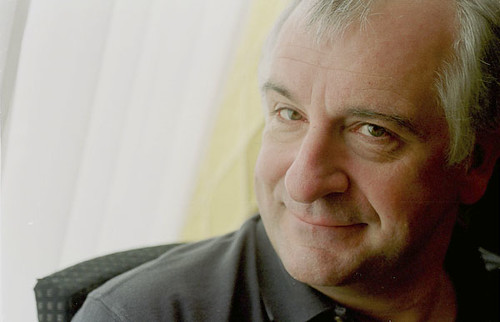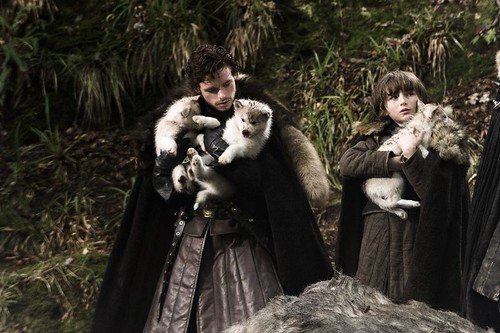 It was with some sadness that I finished reading the Eoin Colfer tribute to Douglas Adams ‘…and another thing’ – book six in the increasingly inaccurately named Hitchhiker’s guide trilogy. Sad for a number of reasons…
It was with some sadness that I finished reading the Eoin Colfer tribute to Douglas Adams ‘…and another thing’ – book six in the increasingly inaccurately named Hitchhiker’s guide trilogy. Sad for a number of reasons…
Unnecessary sequel
This was not a story that needed telling, as Eoin himself was well aware. Douglas may have had a sixth novel planned but there was no obvious place to go – the last we saw of our heroes, they were on the verge of being dead and, well, unless you’re writing a Zombie thriller, a novel full of dead people isn’t massively compelling…. something which Eoin recognised but thought he’d have a go at anyway.
Too courageous
Eoin tried really, really hard to pay tribute to the best traditions of Douglas’ series. Really, I think this should have meant that he took more than eight months to write it and he should have torn it up several times in the course of its development. After all – Douglas’ love of deadlines is well documented (especially the sound of them whooshing past). Where Douglas’ books felt painstakingly iterated, moulded, cajoled, and sometimes brutally hammered into place, Eoin seems to write with the same, effortless grace with which he produced his Artermis Fowl books. For me, this meant it read like something completely different…
Too linear
The charm of Douglas – in many regards – was that his brain worked in ways that no-one else’s did. Eoin himself writes in the afterword to the edition I read that he specifically picked on “the obvious way” of getting our heroes out of the pickle Douglas left them in at the end of Mostly Harmless. Would Douglas have done that? Maybe. But somehow I think repeating a trick would have been on the far end of the probability spectrum for Douglas.
The wrong stars
The previous books were about Arthur. He was the character you could empathise with, he was the character whose muddle-headed, dressing-gowned, tea-drinking Englishness that made it real for the reader. This book? Features The Guide, Zaphod and Trillian as its main characters. How easy is it to empathise with the mega-egotistical president of the Universe? Not that easy, even for me. And the guide’s interruptions seemed more frequent and expansive than Douglas’ own diversions, amusing as they often are.
In short, this was a valiant effort, by Mr Colfer. But I really wish you hadn’t.
Postscript: I’d like to add that I am a big fan of Eoin Colfer. I own and have read every one of his books. I wanted to like this novel more than I did, and it wasn’t terrible by any means, despite my harshness above – I did get through it in a week! But touching on something as good (I want to say sacred but that seems ludicrously sanctimonious and Douglas would probably have hated that) as the H2G2 series was perhaps a challenge too far. Especially as Mostly Harmless itself was already something of an unnecessary extension, IMHO…
 My folks used to read to us a lot. Especially my Dad. I remember enjoying it; my father’s flexible vocal range giving silly life to the characters in the books we were reading and diverting off track to recapture our attention if it drifted.
My folks used to read to us a lot. Especially my Dad. I remember enjoying it; my father’s flexible vocal range giving silly life to the characters in the books we were reading and diverting off track to recapture our attention if it drifted.







